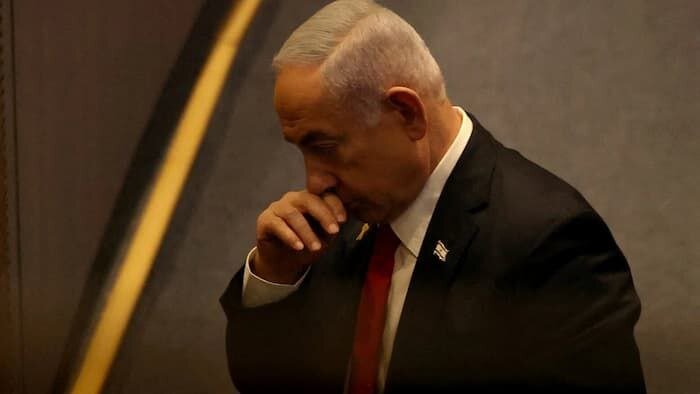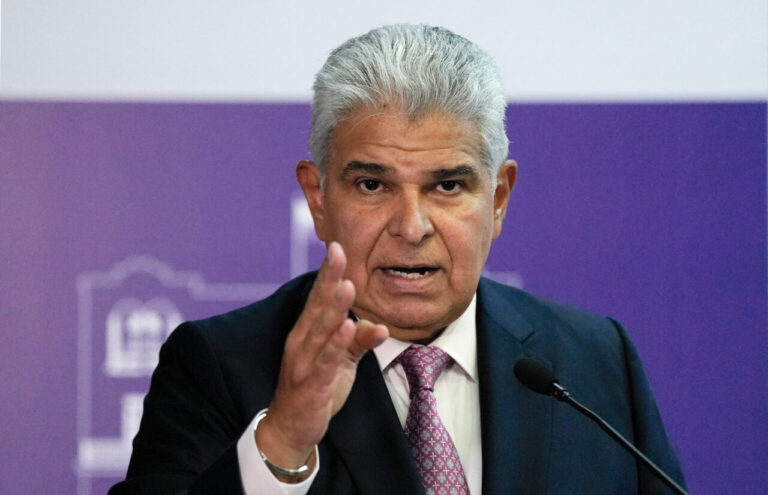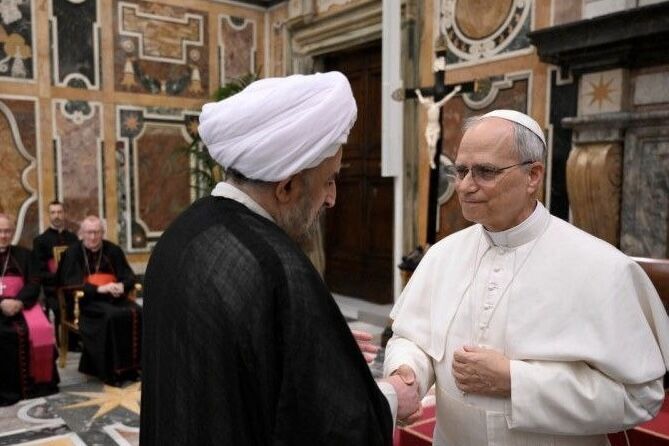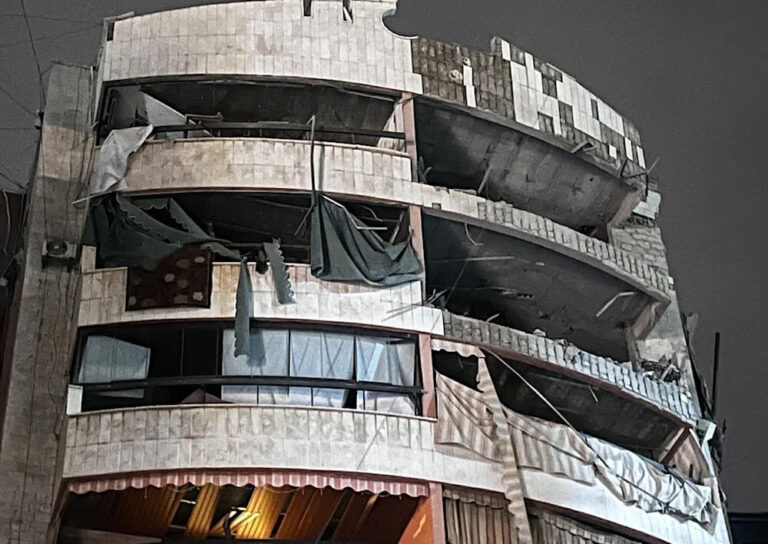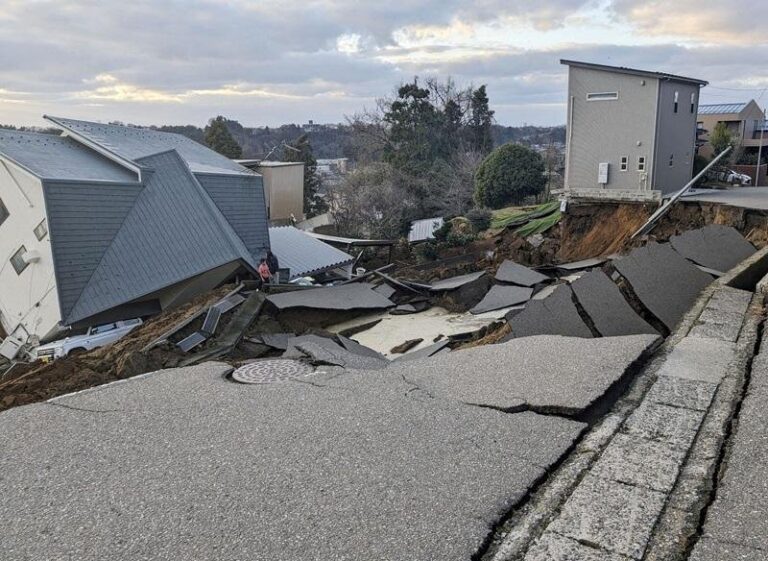Netanyahu Scraps Vatican Trip Amid ICC Arrest Fears: What It Means for Israeli Diplomacy
Israeli Prime Minister Benjamin Netanyahu has made headlines by canceling his attendance at the inauguration of Pope Leo XIV at the Vatican. This decision stems from concerns over a potential arrest linked to a pending warrant issued by the International Criminal Court (ICC). Reports from the Israeli media outlet Ynet reveal that Netanyahu’s choice follows discreet inquiries made by his administration with Italian and Vatican officials regarding the implications of his visit.
In this article, we delve deeper into the reasons behind Netanyahu’s cancellation and the implications of the ICC warrant on international relations.
According to sources, the inquiries aimed to clarify whether Netanyahu could enter Italy without facing detention. However, the responses from both Italian and Vatican officials were reportedly ambiguous. This uncertainty raised significant concerns for the Israeli Prime Minister’s Office, prompting them to reconsider the visit entirely. Here are some key points regarding the situation:
- Legal Concerns: The ICC arrest warrant, while not officially confirmed by the court, is believed to be connected to allegations of war crimes attributed to the Israeli occupation regime in Gaza and other Palestinian territories.
- International Relations: Netanyahu’s cancellation signifies a troubling moment for Israel’s diplomatic standing, especially amid increasing international scrutiny and condemnation of its actions in the region.
- Previous Engagements: This incident marks a significant setback for Netanyahu, who has faced mounting legal challenges and international criticism in recent years.
The decision to cancel the visit reflects a broader trend of increasing tensions between Israel and various international bodies, including the ICC, which has been vocal in its calls for accountability regarding alleged war crimes. The situation in Gaza has drawn attention globally, with many countries and organizations urging a reassessment of Israel’s military operations and their humanitarian impact.
As the world watches closely, the implications of Netanyahu’s canceled visit extend beyond just a single event. It underscores the challenges faced by leaders who find themselves at the center of international legal disputes. The potential for arrest or diplomatic embarrassment looms large, particularly when legal immunity is uncertain.
Moreover, this episode adds to a series of events that have caused Netanyahu to confront increasing isolation on the international stage. The combination of legal issues and the ongoing conflict in Gaza has fueled calls for accountability and justice, complicating Israel’s diplomatic efforts.
In addition to the legal ramifications, this situation highlights the growing global outrage over the humanitarian crisis in Gaza. Many nations have expressed their concern about the impact of ongoing military actions on civilians, leading to widespread calls for a ceasefire and peace negotiations. The international community’s response to Israel’s actions has increasingly become a focal point for discussions surrounding human rights and international law.
In recent months, various governments and organizations have stepped up their efforts to hold nations accountable for actions deemed to violate international law. The ICC’s involvement in this context is particularly significant, as it serves as a reminder that leaders can be held accountable for their actions, regardless of their position.
As the situation evolves, it remains to be seen how Netanyahu and his administration will navigate the complex landscape of international relations. Will they take steps to address the concerns raised by the ICC and the global community, or will they continue to face mounting pressure and scrutiny? The outcome of these developments could have lasting implications for Israel’s diplomatic relations and its standing in the international arena.
In conclusion, Netanyahu’s cancellation of his visit to the Vatican highlights the intricate interplay between international law, diplomacy, and the ongoing conflict in Gaza. As legal challenges mount and the international community calls for accountability, the Israeli Prime Minister must carefully consider his next steps. The situation serves as a potent reminder of the importance of addressing humanitarian concerns while navigating complex geopolitical landscapes.
Stay tuned for further updates as this story develops, and as we continue to monitor the implications of these legal and diplomatic challenges on Israel’s future.
